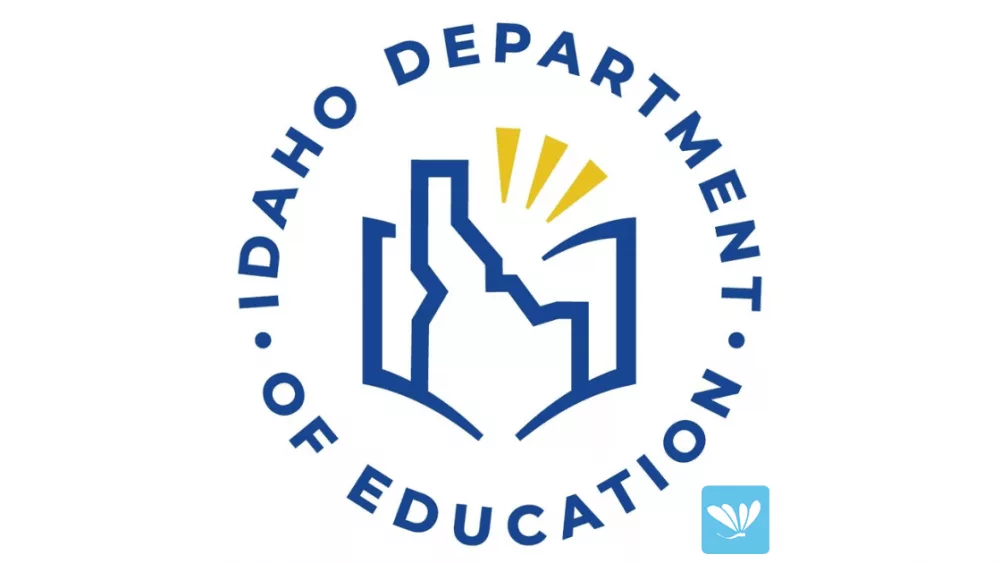Boise, Idaho – The Idaho State Department of Agriculture (ISDA) confirmed yesterday the presence of quagga mussel larvae in the Centennial Waterfront Park area of the Snake River. Multiple samples of quagga mussel at larval life stages have been foundin the Twin Falls area by ISDA’s early detection monitoring program.
The findings mark the first time a rapid response plan has been put into action for quagga mussels in Idaho. ISDA is implementing a rapid response plan that includes notifying impacted entities, implementing containment measures, conducting delimiting surveys and evaluating for potential treatment options.
“These invasive pests will clog pipes that deliver water for drinking, energy, agriculture, and recreation,” Governor Little said. “This is a very high priority for Idaho and for me, given the gravity of the risk. If we are not successful, an unchecked spread – which we are doing all we can to stop – has the potential to cost Idaho hundreds of millions of actual and indirect costs. Thankfully, we caught the mussels early on and have already started a robust response to get these mussels OUT of our waters. We need everyone to support these efforts.”
ISDA is asking for the public’s cooperation in staying out of the water in the Centennial Waterfront Park area, in an effort to contain the mussel populations. ISDA staff and boats will be in the water performing delimiting surveys to determine the physical range of the impacted area. Boat ramps and public access to the water are closed temporarily.
“Our Invasive Species Program is prepared to respond to these findings quickly in an effort to contain mussel population growth in such a vulnerable area,” said Chanel Tewalt, ISDA Director. “We greatly appreciate the public’s cooperation and plan on opening the area as soon as possible to minimize the impact to businesses that rely on the Snake River.”
Quagga and zebra mussels pose a major threat to Idaho’s water systems, native species, agriculture, utilities and more. ISDA’s early detection monitoring program works to detect new outbreaks early, which allows ISDA to quickly control mussel populations. While working to determine the scope of the impacted area, ISDA officials will be exploring potential control strategies for the mussels.
All watercraft users are encouraged to follow the “Clean, Drain and Dry” actions for watercraft and equipment before entering and after leaving Idaho waterbodies. ISDA watercraft inspection stations are also currently operating across the state and mandatory for watercraft users to stop at.
For updates on the issue and to view a map of the impacted area, v




